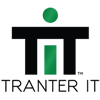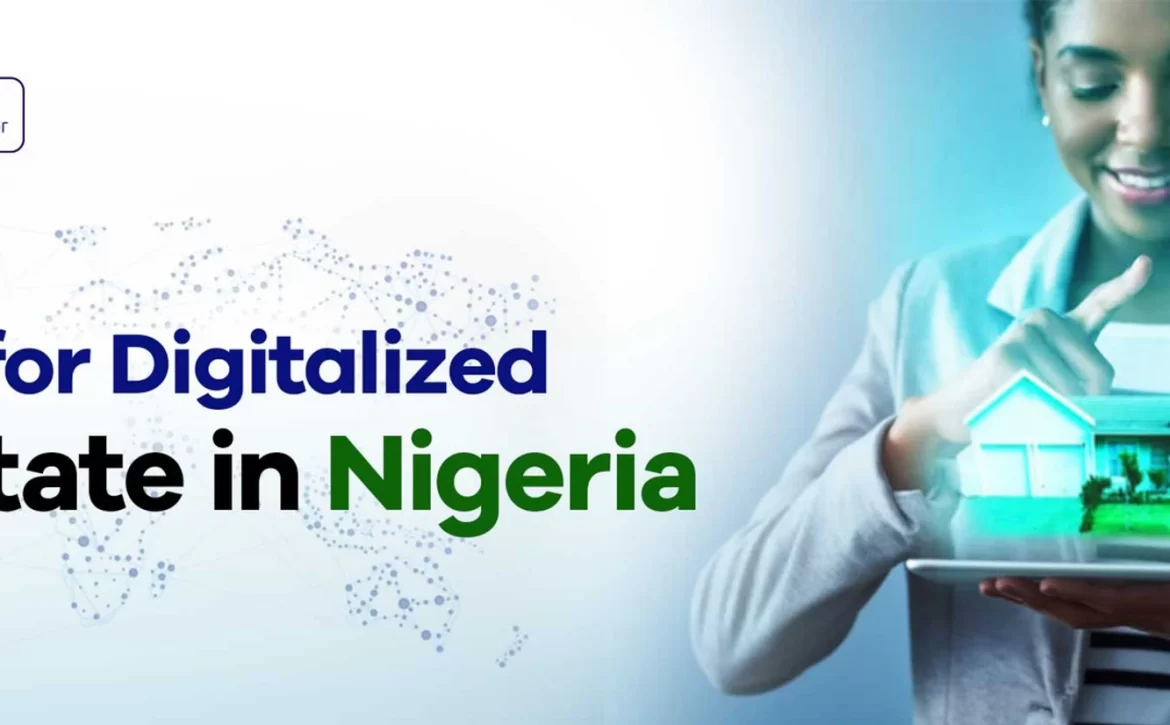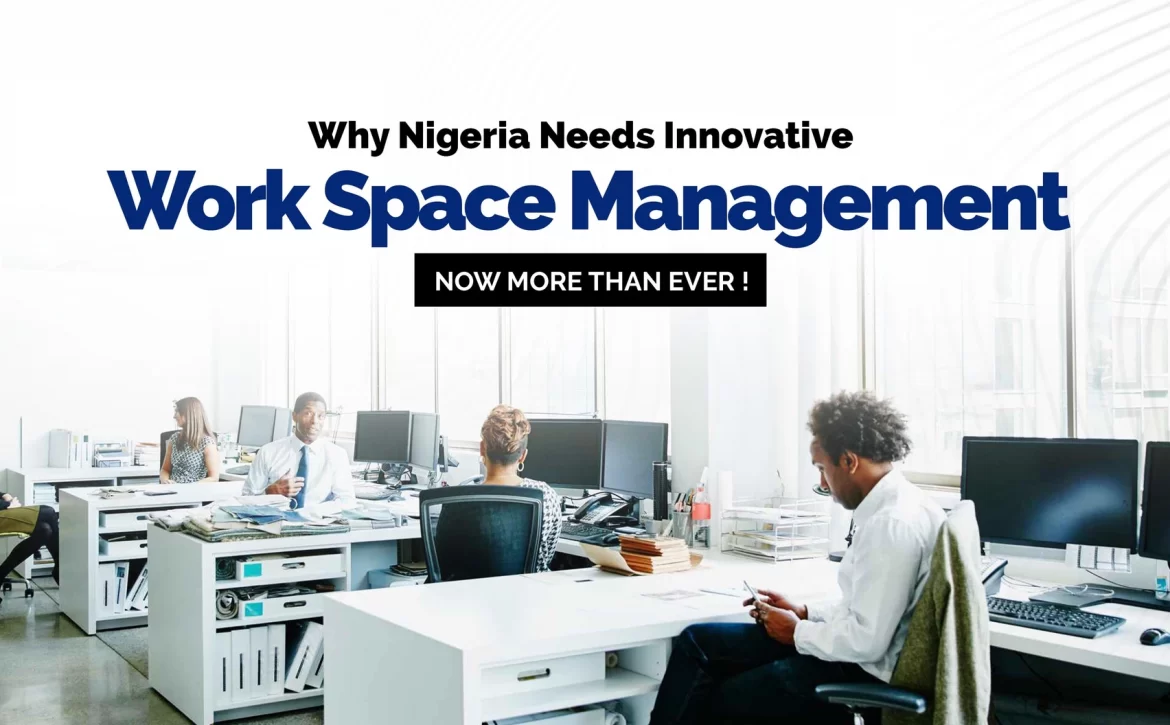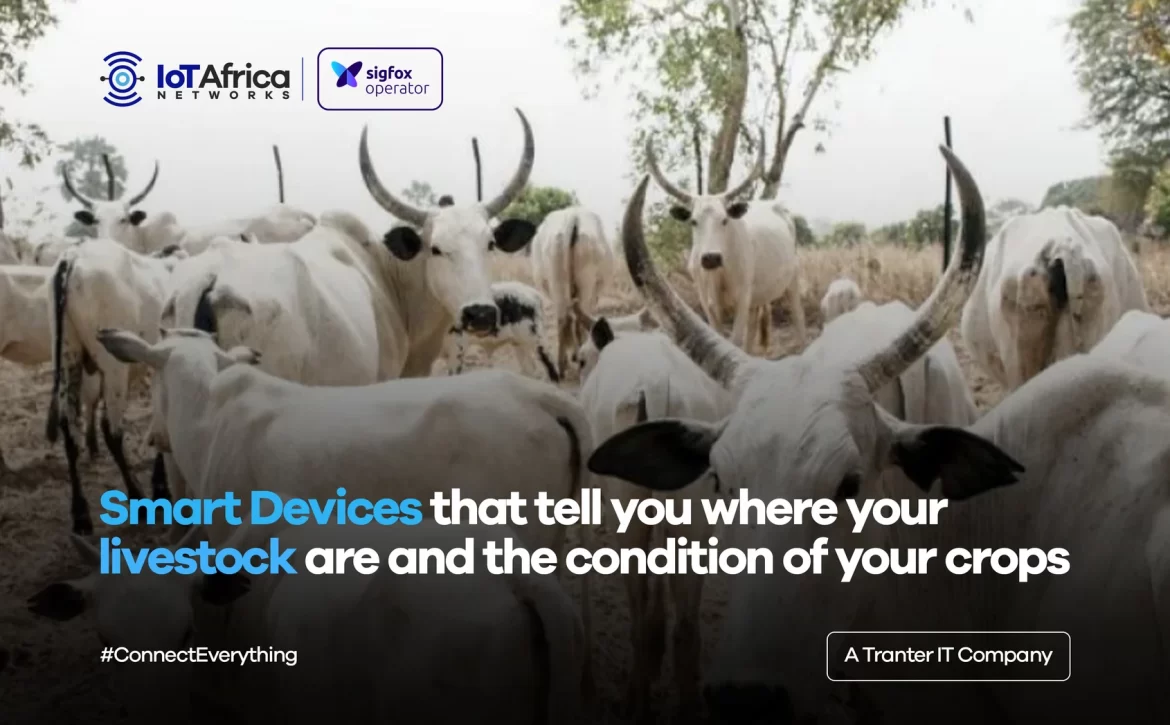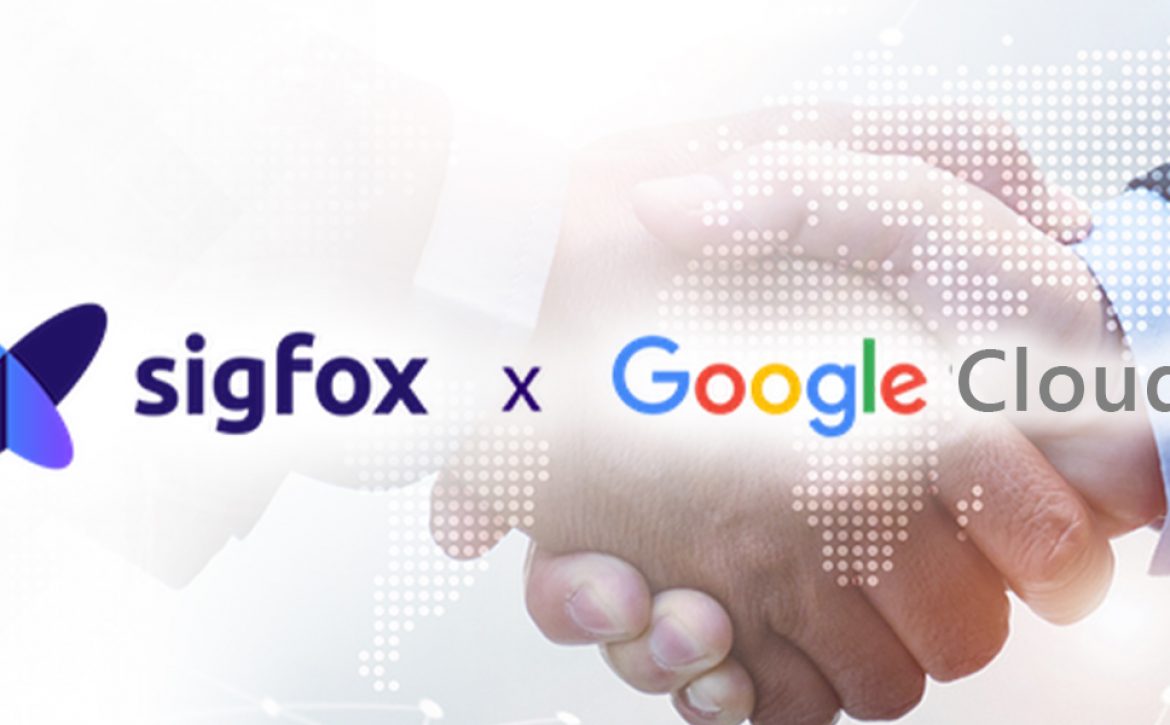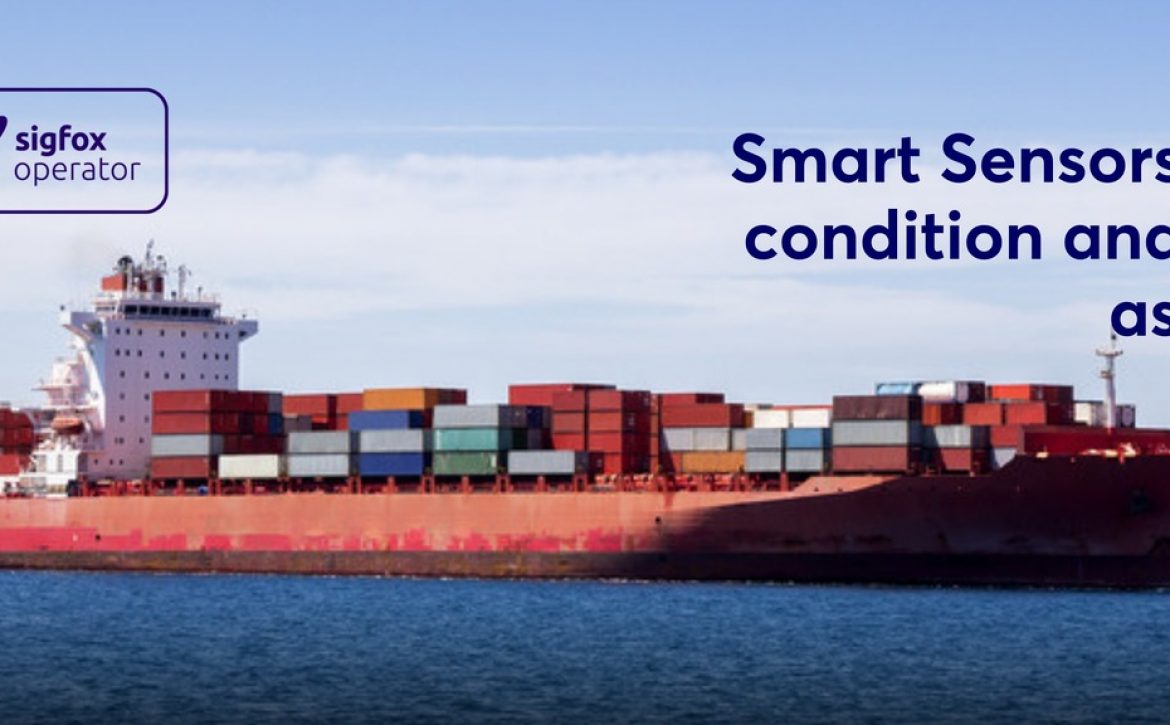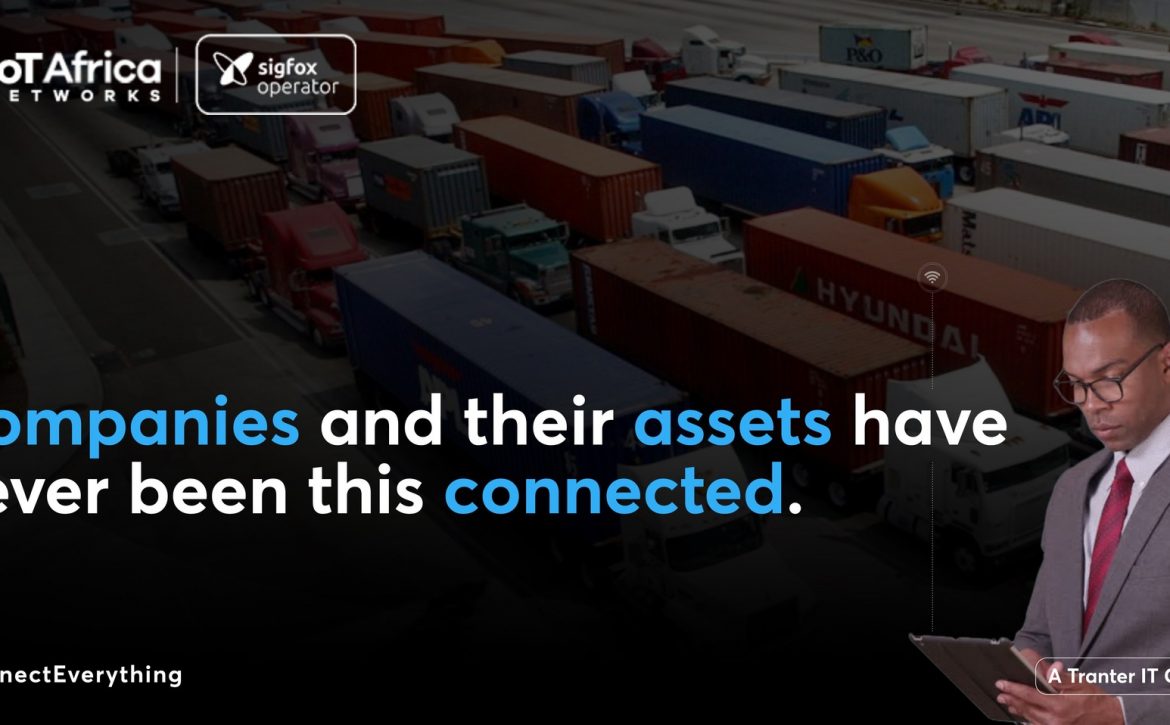Top 5 IT Strategies to Prepare Your Business for the New Year
As the new year approaches, businesses are presented with an opportunity to reevaluate their strategies and align their operations with the latest technological advancements. The rapid pace of digital transformation has made it imperative for organizations to leverage IT solutions that not only enhance operational efficiency but also provide a competitive edge. From automation and cloud computing to cybersecurity, adopting the right IT strategies can be the key to staying ahead in an increasingly complex and interconnected business environment.
The post-pandemic era has accelerated the shift toward digital-first solutions, emphasizing the importance of innovation and adaptability. Businesses that fail to embrace these changes risk falling behind their competitors, losing valuable customers, and encountering operational inefficiencies. Therefore, investing in strategic IT upgrades is no longer optional; it is essential for growth, scalability, and long-term success.
In this article, we will explore the top five IT strategies your business should adopt to thrive in the upcoming year. Whether you’re looking to streamline workflows, enhance customer experiences, or fortify your cybersecurity measures, these actionable insights will help you navigate the challenges of the modern business landscape and set your organization up for success.
Here are the top five IT strategies your business should adopt to thrive in the upcoming year.
Strengthen Cybersecurity Measures
Cybersecurity threats are becoming more sophisticated, and businesses cannot afford to be complacent. Data breaches, ransomware attacks, and phishing scams continue to rise, making it essential for companies to enhance their security posture.
Key Actions:
Conduct a comprehensive security audit to identify vulnerabilities.
Implement multi-factor authentication (MFA) and endpoint detection response (EDR) solutions.
Train employees on cybersecurity best practices and recognize social engineering tactics.
Regularly back up critical data and test disaster recovery plans.
By proactively addressing cybersecurity, businesses can protect sensitive information and maintain customer trust.
2. Leverage Cloud Technology
The cloud is no longer a “nice-to-have” but a business necessity. Cloud-based solutions offer flexibility, scalability, and cost-efficiency, allowing companies to adapt to changing market demands.
Key Actions:
Migrate critical applications and data to a cloud environment.
Adopt hybrid or multi-cloud strategies to avoid vendor lock-in.
Use cloud-based collaboration tools to enable remote work and enhance team productivity.
With cloud technology, your business can improve operational agility, reduce IT costs, and foster innovation.
3. Prioritize Data Analytics and Business Intelligence (BI)
Data-driven decision-making is crucial for staying ahead of the competition. Businesses that can extract actionable insights from their data are better positioned to identify market trends and customer preferences.
Key Actions:
Invest in business intelligence (BI) tools to visualize and analyze data in real-time.
Use predictive analytics to anticipate future customer behavior and market trends.
Establish a data governance framework to ensure data accuracy, consistency, and compliance.
Data analytics not only informs strategic decisions but also helps personalize customer experiences and drive revenue growth.
4. Embrace Automation and AI-Powered Solutions
Automation and artificial intelligence (AI) are transforming industries by streamlining repetitive tasks, reducing human error, and increasing efficiency. Companies that harness the power of automation will gain a competitive edge.
Key Actions:
Implement robotic process automation (RPA) to automate routine, manual processes.
Use AI-powered chatbots to enhance customer support and improve response times.
Leverage machine learning (ML) to predict maintenance needs and reduce downtime.
Automation reduces operational costs and allows employees to focus on higher-value tasks, driving business growth.
5. Modernize Legacy Systems
Outdated IT systems can hinder business growth, reduce efficiency, and expose organizations to security risks. Modernizing legacy systems enables better integration, performance, and user experience.
Key Actions:
Conduct a system audit to identify which legacy systems need to be updated or replaced.
Move legacy applications to the cloud or develop modern, scalable applications.
Use API integrations to connect older systems with modern platforms and tools.
By modernizing legacy systems, businesses can increase operational efficiency, reduce maintenance costs, and create a more agile IT environment.
In Conclusion
Preparing your business for the new year demands a forward-thinking and proactive IT strategy. As digital transformation continues to shape the competitive landscape, companies that embrace innovative technologies and strengthen their IT infrastructure will be well-positioned to succeed. Whether it’s enhancing your cybersecurity posture, adopting scalable cloud solutions, or streamlining operations with automation, these strategies are essential to achieving sustainable growth and resilience in an evolving market.
By modernizing legacy systems and keeping pace with emerging trends, your business can unlock new opportunities and mitigate risks that often accompany rapid technological advancements. Investing in IT today means securing your organization’s future, and ensuring a seamless transition into a more connected and data-driven world. At Tranter IT, we understand that every business is unique, and our tailored solutions are designed to help you maximize your potential while addressing industry-specific challenges.
Let Tranter IT be your trusted partner as you chart your course for 2025 and beyond. Our team of experts is ready to guide you in implementing these strategies, offering personalized support to ensure your IT infrastructure aligns with your business goals. Together, we can build a more productive, secure, and innovative future for your organization.
Contact us today to learn how we can help you thrive in the year ahead.
